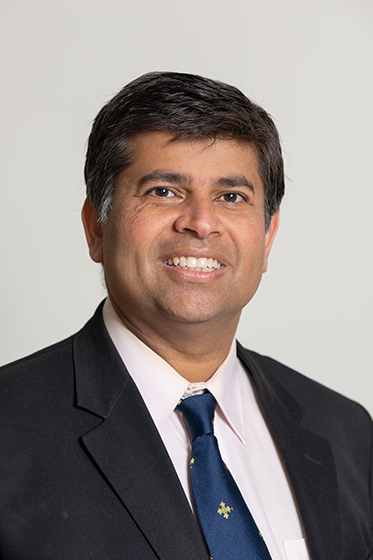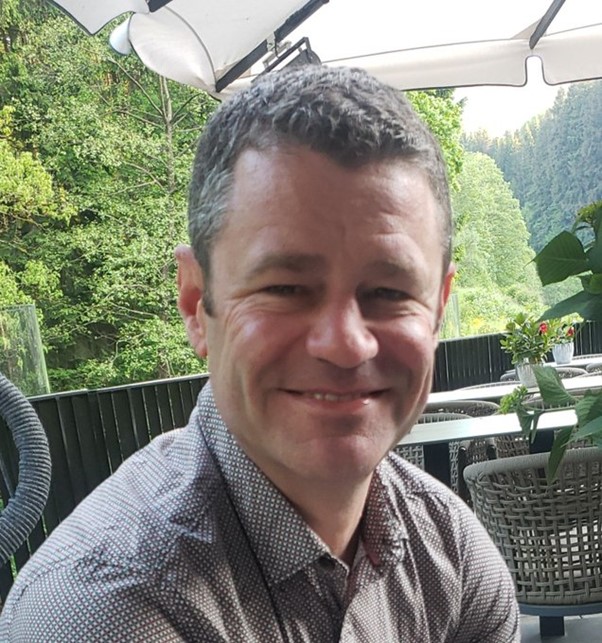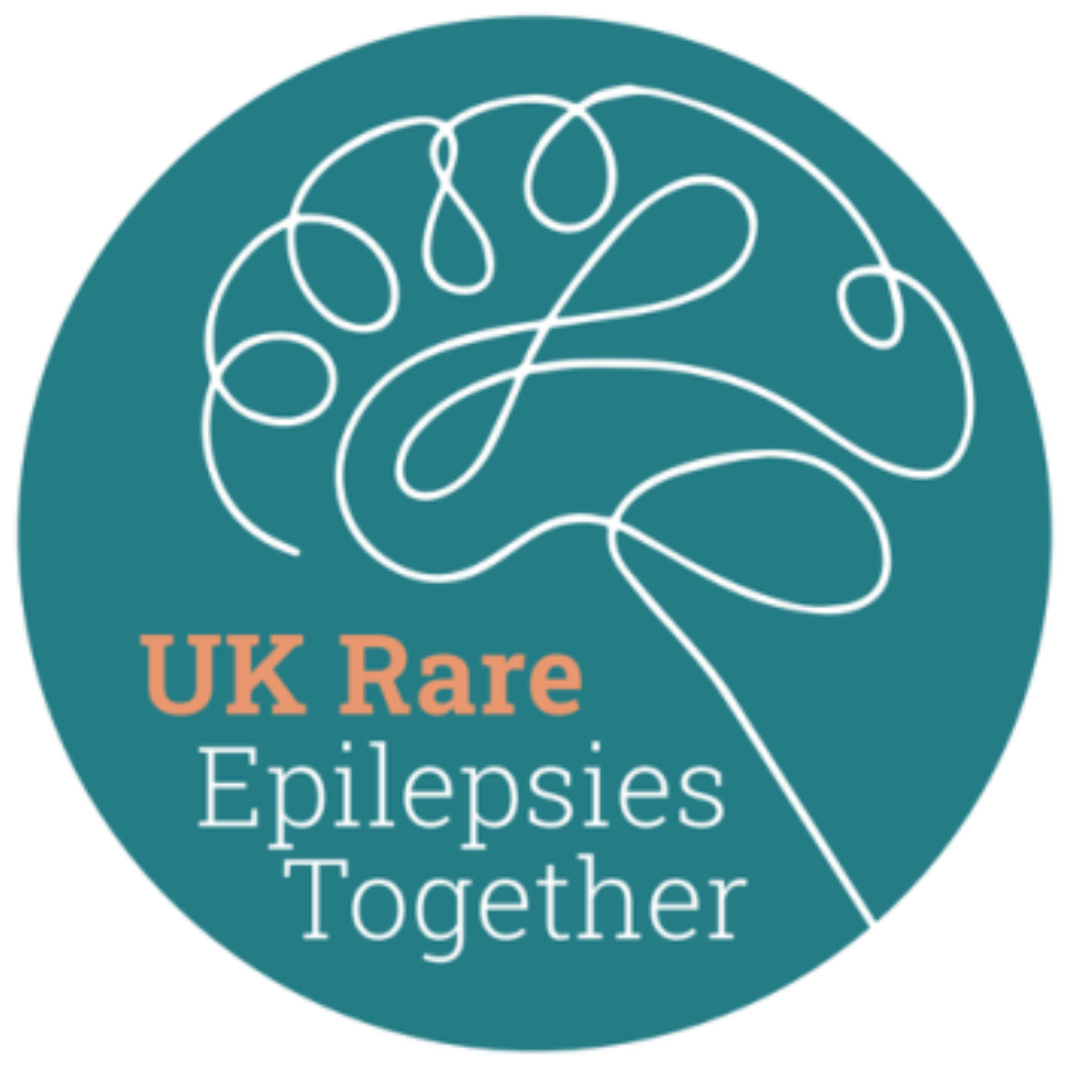UKRET Advisory Board

Dr. Sanjay Sisodiya
Dr. Sanjay Sisodiya is Professor of Neurology at University College London, and honorary Consultant Neurologist at the National Hospital for Neurology and Neurosurgery and the Epilepsy Society. He sees adults with many different types of epilepsy, especially those with more complicated or genetic epilepsies, and works on research into these epilepsies. More recently, he has become concerned about the possible impacts of climate change on people with epilepsy, and has started a number of initiatives to look into this issue.

Dr Amy McTague
Dr Amy McTague is an Principal Research Fellow at the UCL Great Ormond Street Institute of Child Health and Honorary Consultant Paediatric Neurologist at Great Ormond Street Hospital, London. Following training in paediatric neurology, Dr McTague completed an MRC-funded PhD in the genetics of early onset epilepsy and was awarded her PhD from UCL in 2018. Dr McTague is investigating disease mechanisms and potential novel therapies in early onset genetic epilepsies using novel disease models including 3D stem-cell derived organoids. Dr McTague is also the PI for the GeneSTEPS international study investigating rapid whole genome sequencing in early onset epilepsy and a Co-I in several novel therapy clinical trials.

Dr Rhys Thomas
Rhys is a Clinical Senior Lecturer at Newcastle University where he leads an epilepsy clinical research team. Current students are studying epilepsy genetics, the microbiome, epilepsy inequalities and epilepsy related mortality. He is an Honorary Consultant in Epilepsy at the Royal Victoria Infirmary, where his main interest is in adults with rare genetic epilepsies. He is an Associate Editor of Practical Neurology, Web Editor of Seizure and is on the editorial board of Clinical Medicine. He is a Trustee for Epilepsy Research UK, Treasurer for the British Branch of the International League Against Epilepsy and a medical advisor for Epilepsy Action.

Dr Felix Chan
Dr. Felix Chan is a Lecturer in Neuroscience at Aston University, School of Pharmacy. He currently leads a research group, Chan Lab (https://www.chanlab.co.uk/), whose main research interest is in metabolism in epilepsy. Dr. Chan did his undergraduate in medical sciences at Universitas Indonesia in Jakarta, Indonesia, from 2008 to 2011. He then moved to Newcastle University to do an M.Res and subsequently a PhD in Neuroscience from 2011 to 2018. A significant achievement in his PhD was the development of the first-ever in vitro brain slice model of mitochondrial epilepsy. Dr. Chan then moved to Brown University to do a postdoctoral training, working on pediatric focal epilepsy. His current lab continues his interest in rare epilepsy and approaching it using metabolic and mitochondrial biology techniques. Dr. Chan is a recognized leader in the field of brain metabolism and rare epilepsies.

Dr Alasdair Parker (joining SAB from 24/01/2024)
Dr Alasdair Parker is President of the British Paediatric Neurology Association 2021-4. Alasdair trained in paediatric neurology in London and is now a consultant paediatric neurologist at Addenbrooke’s Hospital, Cambridge. He developed and led the East of England Paediatric Neuroscience Service 2003-12 and 2017-20. He has launched and led video-telemetry, movement disorder, neuromuscular, acute brain injury, ketogenic diet, vagal nerve stimulation and neuro-immunology services. He has a great interest in the epilepsies, ketogenic diet, tuberous sclerosis, microcephaly, movement disorders and efficient investigation of children with neurogenetic disorders. He holds an associate lectureship at the University of Cambridge. He was Chair of the BPNA education committee and National Training Advisor 2013-17. His research interests include the epilepsies, genomic disorders and quality of life. He has greatly benefitted from the support of children, families and patient organisations – with which he collaborates closely in East Anglia, across the UK and abroad.

Dr Shanika Samarasekera
Shanika graduated and trained in Newcastle and the West Midlands. She has a background in both psychiatry (to membership level) and neurology. Her specialist interest is in epilepsy.

Dr Rohit Shankar MBE, FRCPsych
Rohit is a professor in Neuropsychiatry with University of Plymouth Peninsula School of Medicine and director of its Cornwall Intellectual Disability Equitable Research (CIDER) unit https://www.plymouth.ac.uk/research/cider-cornwall-intellectual-disability-equitable-research. He is the associate Dean for academic training for Royal College of Psychiatrists (RCPsych). He is a consultant in developmental neuropsychiatry and clinical director for the Cornwall adult intellectual disability services. Awarded an MBE (2018) for services to the learning disability community he has national/international awards including the RCPsych Digital Team of the Year (2023), Intellectual disabilities team of the year (2021), British Medical Journal (BMJ) awards for mental health (2020), Education (2019) Neurology (2016), Innovation (highly commended-2017), ILAE Epileptic Disorders best paper (2017) and Epilepsy Foundation America SUDEP Challenge (2016). He is the chair of the RCPsych Southwest England division, the vice-chair of the Intellectual disability faculty of the RCPsych and lead of the Cochrane update for pharmacological and non-pharmacological interventions in people with epilepsy and intellectual disabilities. He was on the NICE epilepsy panel, National confidential inquiry for deaths in epilepsy, and currently on the global International League Against Epilepsy (ILAE) commission for inclusion and diversity and the ILAE task force for neurodevelopmental disorders. His interests are in co-producing with patients’ translational clinical research in neurodevelopmental/neuropsychiatric disorders, risk management, and health technology. He has over 250 index-linked publications/ book-chapters and led/contributed to various national reports with over 90% as first/last and/or corresponding author. Publications are on https://orcid.org/0000-0002-1183-6933 & https://www.plymouth.ac.uk/staff/rohit-shankar

Dr Charles Steward GDL MCIPR PhD
Dr. Charles Steward is an internationally renowned patient advocate and genome scientist. He has more than 30 years’ experience working with the human genome and rare diseases, predominantly on the Wellcome Genome Campus, Cambridge, UK. He spent 22 years at the Wellcome Sanger Institute, which is where he completed his PhD. He has co-authored numerous publications, including leading the initial human chromosome 10 analysis, published in Nature (Deloukas et al., 2004) and established an international collaboration investigating the genomic basis of developmental and epileptic encephalopathies, published in npj Genomic Medicine (Steward et al., 2019). Charles co-leads a Genomics England study investigating the genetic basis of cerebral palsy. He is currently Head of Patient and Participant Engagement at Genomics England, UK and Associate Director at HealthWeb Solutions, UK. Charles is a scientific and patient advocacy advisor to numerous groups, including CRELD1.org, CureDHDDS.org, FAM177A1.org, Myrovlytis Trust and VAMP2.com. He is a member of the Governance Council for the International Cerebral Palsy Genomics Consortium, was recently elected to the IRDiRC Diagnostics Scientific Committee and is on the SAB for the Epilepsy Society Brain and Tissue Bank. Charles is a trustee for Gene People and a patron and trustee for HOPE for Paediatric Epilepsy London. Charles is also the father of two children with severe neurological disorders who have been through numerous UK-based genome studies, including the 100000 Genomes Project, although they both remain without a genetic diagnosis. He was a founding member of Genomics England’s Participant Panel. Charles is passionate about how patient advocacy and engagement can drive positive change for people, families and caregivers affected by rare genetic disorders.
